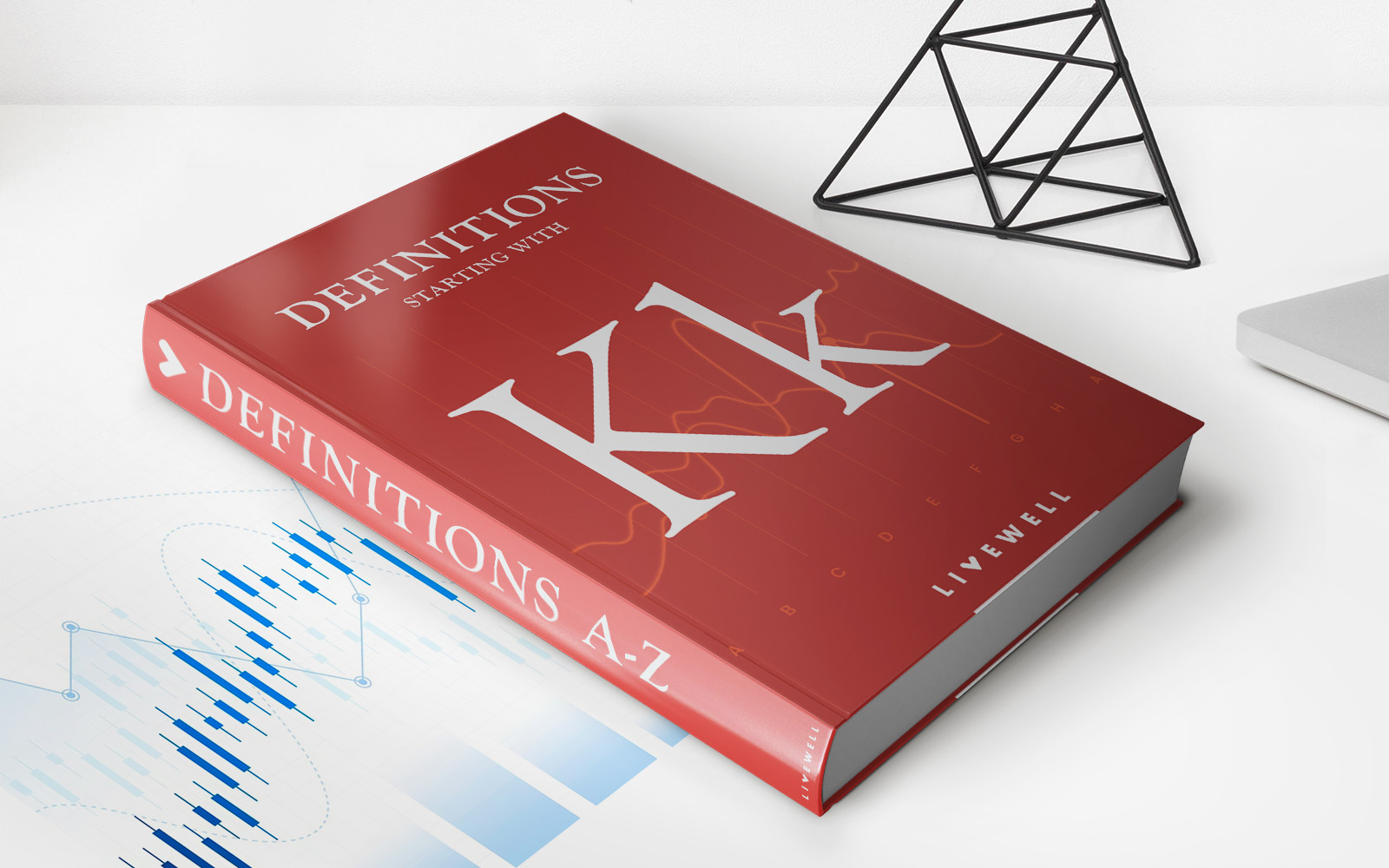

Finance
Cooling-Off Rule Definition
Published: November 3, 2023
Learn the exact meaning of Cooling-Off Rule in finance. Discover how this regulation protects consumers and their financial transactions.
(Many of the links in this article redirect to a specific reviewed product. Your purchase of these products through affiliate links helps to generate commission for LiveWell, at no extra cost. Learn more)
Cooling-Off Rule Definition: Protecting Your Financial Rights
Hello and welcome to our finance blog! Today, we are diving into an important topic that affects consumers like you – the Cooling-Off Rule. Have you ever wondered what this rule is all about and how it can protect your financial rights? Well, you’re in the right place! In this post, we will provide you with a comprehensive understanding of the Cooling-Off Rule and its impact. So, let’s get started!
Key Takeaways:
- The Cooling-Off Rule gives consumers the right to cancel certain sales transactions within a specific timeframe.
- This rule helps protect consumers from unfair practices and gives them a chance to reconsider their financial decisions.
Understanding the Cooling-Off Rule
The Cooling-Off Rule is a regulation implemented by the Federal Trade Commission (FTC) to safeguard consumers from impulsive purchases or misleading sales tactics. It provides consumers with the right to cancel certain types of sales contracts within a designated cooling-off period, typically ranging from three to five business days.
While the Cooling-Off Rule does not cover all purchases, it applies to specific transactions, such as door-to-door sales, timeshare purchases, and certain transactions made at trade shows, fairs, or conferences. This rule is primarily designed to prevent consumers from being pressured into buying products or services they may not necessarily need or want.
How Does the Cooling-Off Rule Work?
Now that we have a general idea of what the Cooling-Off Rule entails, let’s take a closer look at how it works.
1. Eligibility: The Cooling-Off Rule applies to sales made in your home, workplace, or at a temporary location, provided the sale is above a certain dollar threshold (often $25 or more). It’s important to note that the rule does not apply to purchases made online, in stores, or for items bought for resale.
2. Timeframe: The Cooling-Off Rule gives you a specific timeframe, typically between three to five business days, to cancel the sales transaction. This period begins the day after you receive a copy of the contract or a notice informing you about your right to cancel. Make sure to familiarize yourself with the specific time limits applicable to your transaction.
3. Cancellation Process: To cancel a covered sale, you must notify the seller in writing within the cooling-off period. It is recommended to send your cancellation notice via certified mail or another trackable method to ensure you have proof of your cancellation date.
4. Refund Expectations: Upon cancellation, the seller is required to provide a full refund of any payment made by you as part of the sale. They must also return any trade-in merchandise or cancel any debt associated with the purchase.
Why is the Cooling-Off Rule Important?
The Cooling-Off Rule is crucial for safeguarding consumers’ rights and ensuring fair business practices. Here’s why it’s important:
- Protection: It protects consumers from the pressure of making hasty or unnecessary purchases by allowing them to reconsider their decisions.
- Peace of mind: It provides consumers with time to evaluate the terms, conditions, and prices of the sales transaction without the fear of losing their hard-earned money.
- Fraud prevention: It acts as a deterrent against fraudulent or deceptive sales tactics, ensuring consumers are informed and not coerced into making regrettable financial decisions.
Remember, knowing your rights as a consumer is essential for making informed financial decisions. By understanding the Cooling-Off Rule, you can protect yourself from potential scams and unwanted financial obligations.
We hope this blog post has provided you with valuable insights into the Cooling-Off Rule and its significance for consumers like you. Protecting your financial rights is crucial, and by being aware of your rights, you can navigate the world of commerce confidently. If you have any further questions about the Cooling-Off Rule or other finance-related topics, feel free to reach out to us. Stay tuned for more informative content on our finance blog. Until next time, happy savings!














